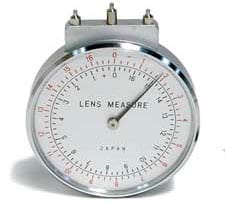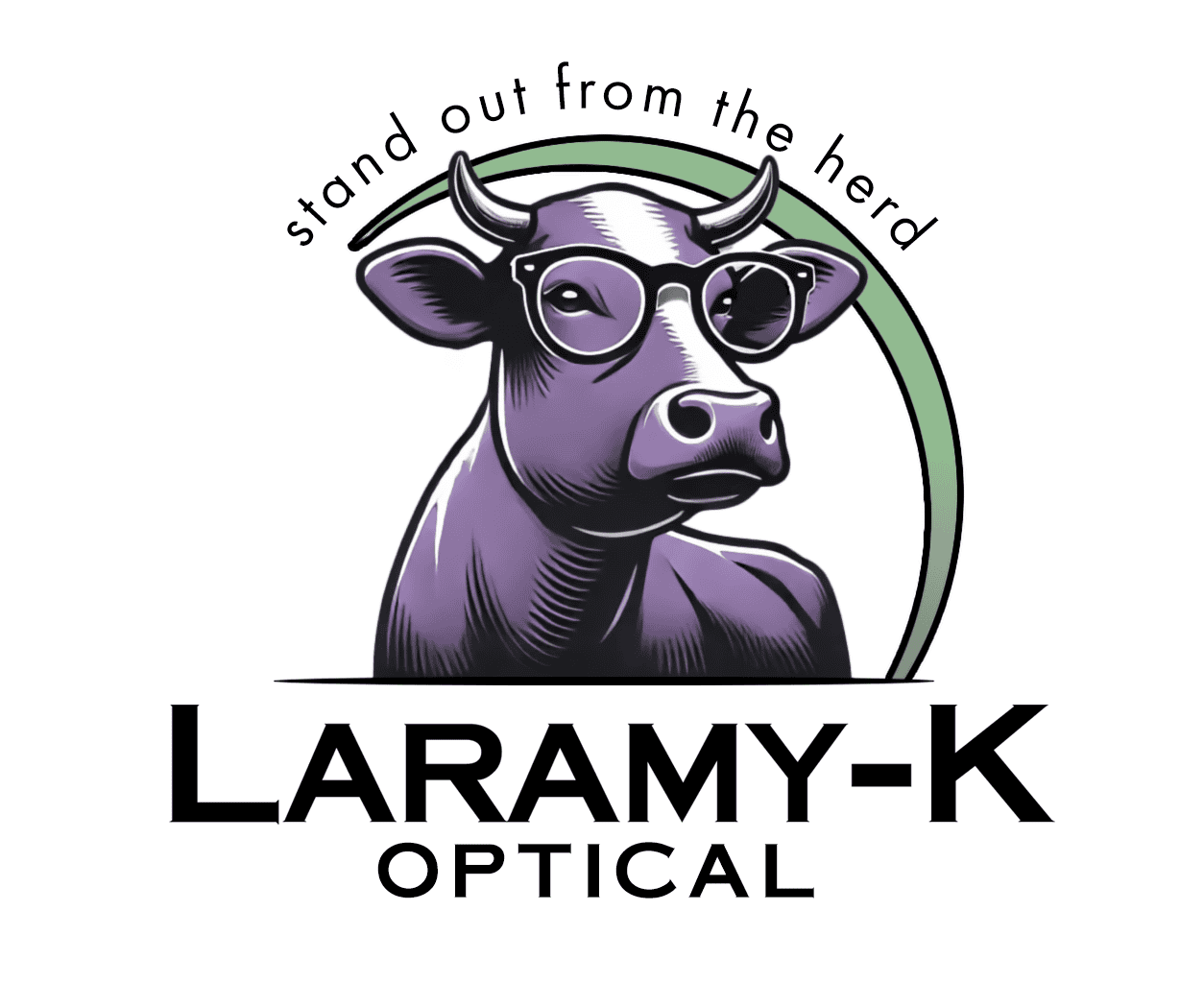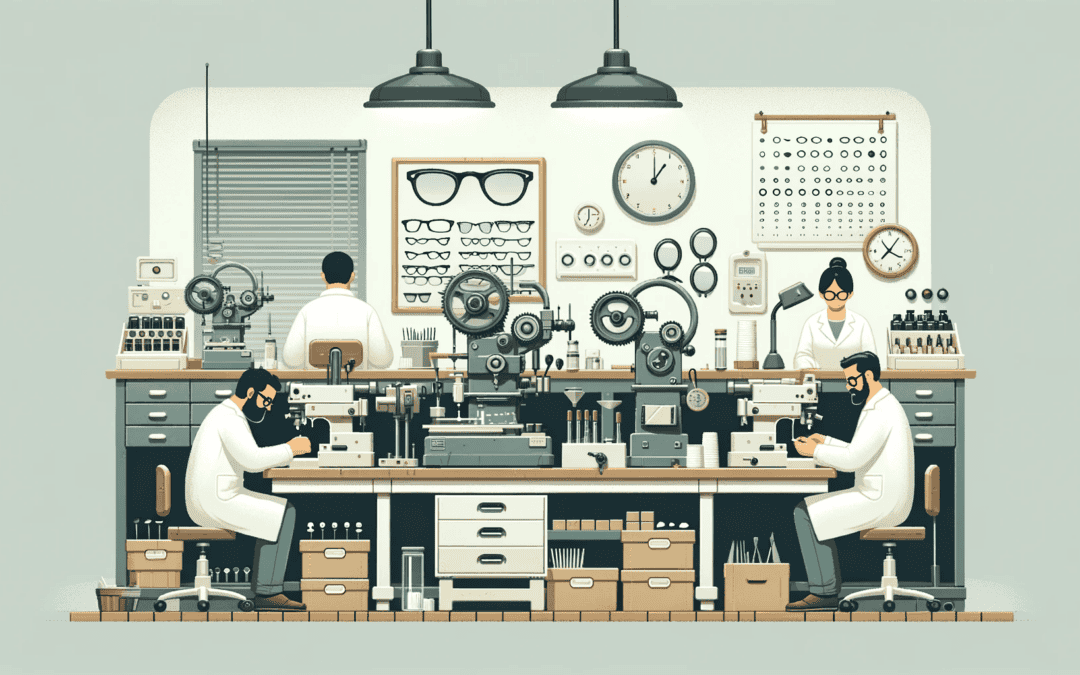What is an Optical Wholesale Lab?
An optical wholesale lab is a specialized facility where prescription eyeglass lenses are produced and processed. These labs play a crucial role in the eyewear industry, bridging the gap between lens manufacturers and eyewear retailers or optometrists. Equipped with advanced technology and machinery, these labs customize lenses according to individual prescriptions, ensuring that each pair of glasses meets specific visual requirements. The services of optical wholesale labs include lens cutting, edging, coating, and mounting into frames, all tailored to the precise specifications provided by eye care professionals.

The Role of Optical Labs in the Eyewear Industry
The role of optical wholesale labs in the eyewear industry is pivotal. They are the unseen yet essential players that ensure the accuracy and quality of vision correction for millions of eyeglass wearers. By handling the technical aspect of lens production and collaborating with opticians and optometrists, labs allow eye care professionals and eyewear retailers to focus on patient care and customer service. The efficiency, technological ability, and quality control measures of these labs directly impact the final product's quality, wearer comfort, and satisfaction. Because of the vast array of lens style, lens treatment and lens material options, the lab play an invaluable role in helping opticians and optometrists, find optimal solutions for their customers and patients.
Overview of Lab Services Provided
When eye care professionals send in prescriptions along with the selected frames, optical wholesale labs utilize a combination of skilled labor and advanced technology to produce lenses that fit perfectly into those frames, strictly adhering to the specified visual correction requirements.
The services provided by an optical wholesale lab encompass various stages of eyewear production:
1. Lens Surfacing or Fabrication: This involves precision cutting and shaping of lenses according to the prescription using state-of-the-art machinery. This can be done through conventional 2D milling or 3D digital surfacing to produce what are commonly referred to as freeform lenses.
2. Lens Tinting: Lens tinting (as the name suggests) involves adding a tint to the lenses, which can be for cosmetic purposes or to enhance visual comfort and performance. Tinting is done with precision to ensure uniformity and accuracy of color. This process can also include creating gradient tints or specialized tints for activities like driving and sports, or for light-sensitive users, providing both functional benefits and a personalized touch to the eyewear.
3. Lens Coating: Lenses are treated with various coatings, such as anti-reflective or AR coatings, UV protection, and scratch-resistant finishes, enhancing the lens's functionality and durability.
4. Lens Edging: Also called finishing or glazing, a crucial step where the lens edges are cut and shaped to fit accurately into the frame, ensuring perfect alignment with the frame's size and design, as well as it's relative position to the wearer's eyes. This may also include drilling for rimless frames
5. Lens and Frame Assembly: The final stage where lenses are carefully fitted and assembled into the frames.
The Process of Eye Care Professionals Working with an Optical Lab
The collaboration with an optical wholesale lab typically involves the following steps:
1. Pre-Sales Support: Labs provide guidance and information to eye care professionals regarding lens options, materials, and technologies best suited for different prescriptions and customer preferences.
2. Order Placement: Eye care professionals submit prescriptions and frame selections to the lab via the phone, fax, or online ordering system.
3. Lens Production: The lab processes the order, undertaking lens surfacing, edging, and coating as per the ordered specifications.
4. Quality Assurance: A comprehensive quality check ensures the lenses and frames meet the required standards and specifications.
5. Delivery: Completed eyewear is shipped back to the optometrists or opticians, who then deliver it to the end customer.
6. After-Sales Support: Most labs offer support after delivery, addressing any necessary Rx adjustments or resolving potential issues.

